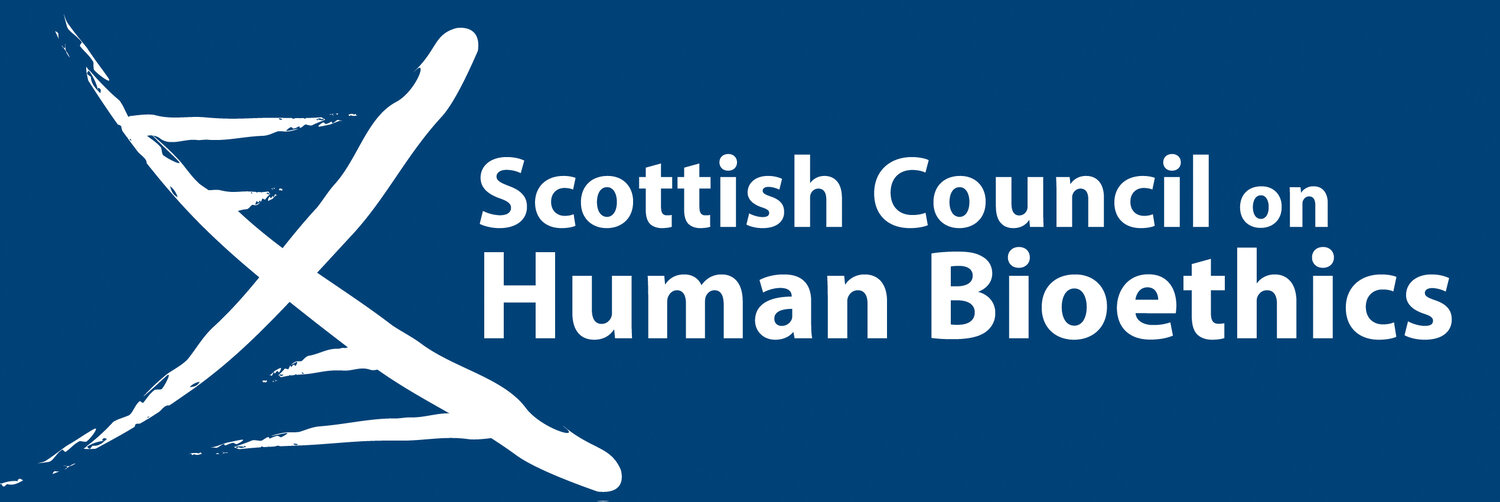Abortion - Documentaries
My Foetus
Channel 4 (UK) - Tuesday 20 April 2004 - 30 min
Julia Black’s father set up the Marie Stopes clinic, which is the largest abortion provider outside the UK’s National Health Service. She grew up with an unquestioning belief in a woman’s freedom of choice, and she herself had an abortion at the age of 21. She was heavily pregnant during the making of this film, in which she challenges her - and society’s - attitude towards abortion. The film contains graphic images of dismembered foetuses and shows an abortion using the “manual vacuum aspiration” method. The film, like its subject matter, is controversial, emotive and deeply unpleasant. But it would be difficult to question Ms Black's honesty and integrity, and - as one pro-life activist suggests - is it right that something too awful to be shown on television should be legal?
Abortion: What We Need To Know
Channel 4 (UK) – Wednesday 17 October 2007– 48 min
This documentary was produced in 2007 in conjunction with the UK’s 40th anniversary of abortion law and the British Parliament’s Select Committee on Science and Technology’s meeting to hear evidence investigating scientific developments relating to abortion. In the documentary, reporter Deborah Davies examines the latest scientific research into foetal pain and pre-term infant viability. Featuring a new survey into doctors' opinions on abortion, the documentary lifts the lid on the debate that is happening privately within the medical profession and reveals why many doctors want the law changed. The film explores the latest medical advancements that impact pre-term infant survival, including those born at less than the UK’s current legal limit for abortion of 24 weeks gestation. It also looks at one of the most hotly debated areas of abortion which is foetal pain. At what point does foetal movement stop being a reflex and start being what could be a reaction to pain? Leading experts in both the fields of foetal development and nervous systems debate the current timescales.
The Great Abortion Divide
BBC 1 Panorama - 4 February 2013 – 30 min
Abortion is more controversial than ever, with pro-life activists challenging pregnant women as they try to enter clinics. Doctors in most of the UK are signing off terminations on questionable mental health grounds, while in Northern Ireland women and doctors risk life in prison over abortion. So is our legislation hopelessly outdated? Victoria Derbyshire investigates the great abortion divide and asks if it is time to change the law.
http://www.bbc.co.uk/programmes/b01qm34r
Lines That Divide
Producers: Jack Hafer, Jennifer Lahl, Brian Godawa
Country of origin and year: USA, 2009
A documentary intended to clarify, summarize and confirm scientific basics of the stem cell research debate and key conflicting moral concerns in the US. Stem cell research funding proponents argue that it is a moral duty to pursue scientific progress intended to provide healing hope for humanity. Opponents argue that the ends do not justify the means in creating and destroying some human life to save that of others. The film seeks an answer to the question, "Is stem cell research a potential miracle cure for diseases or a form of macabre biological perversion?" The film also highlights the often overlooked breakthroughs which are being made with adult stem-cell therapy.
http://linesthatdivide.com/
After the Apocalypse
Director: Anthony Butts
Country of origin and year: UK, 2010
Age Certificate: 12A
During the Soviet era, the people of Semipalatinsk in Kazakhstan were used as human experimental subjects in the testing of nuclear weapons. Today they live with the consequences: sheep graze in radioactive giant bomb craters and in the most affected villages 1 in 20 children are born with birth defects. Dr Toleukhan Nurmagambetov, the director of the city's maternity clinic, wants a genetic passport which will prevent those with suspect genes from giving birth. Bibigul - a local woman from the test-site - is pregnant and her "defected and frightful" face arouses the suspicion of local medical staff. Nurmagambetov labels her a genetic failure. He implores Bibigul to get tested and abort the child who he fears will be born disabled. Will Bibigul give in? If not, will her child be disabled?
Internet Movie Database webpage: http://www.imdb.com/title/tt1825646
The Last Abortion Clinic
Country of origin and year: USA, 2005
More than 30 years after the United States Supreme Court legalized abortion, Americans, their legislators and courts are still struggling with this polarizing and difficult issue. The Last Abortion Clinic examines the successes of the pro-life movement and touches upon the age-old balance between state and federal authority over Americans' lives.
This guide avoids issues and questions of morality and focuses on the legal framework concerning abortion and the restriction of abortion.
http://www.pbs.org/wgbh/pages/frontline/clinic/
Hush
Director: Punam Kumar Gill
Country of origin and year: USA, 2015
Starring: Sherry Buroker
One woman's investigation into the abortion health risk controversy.
Internet Movie Database webpage: https://www.imdb.com/title/tt4828062/
http://hushfilm.com
Strings Attached
Director: John Wojtasek
Year of origin: 2019
https://stringsattachedfilm.com
